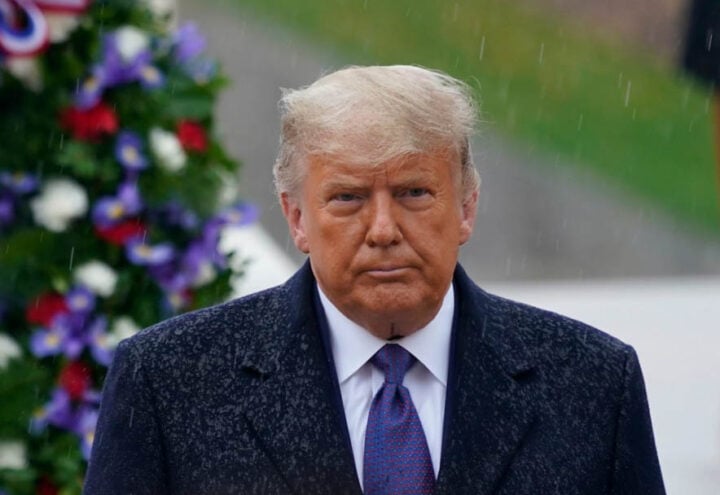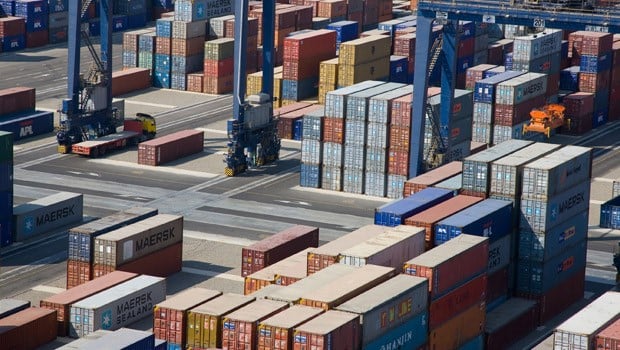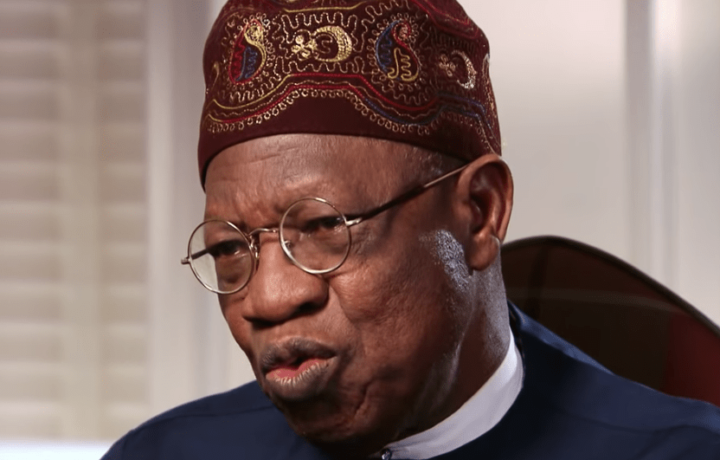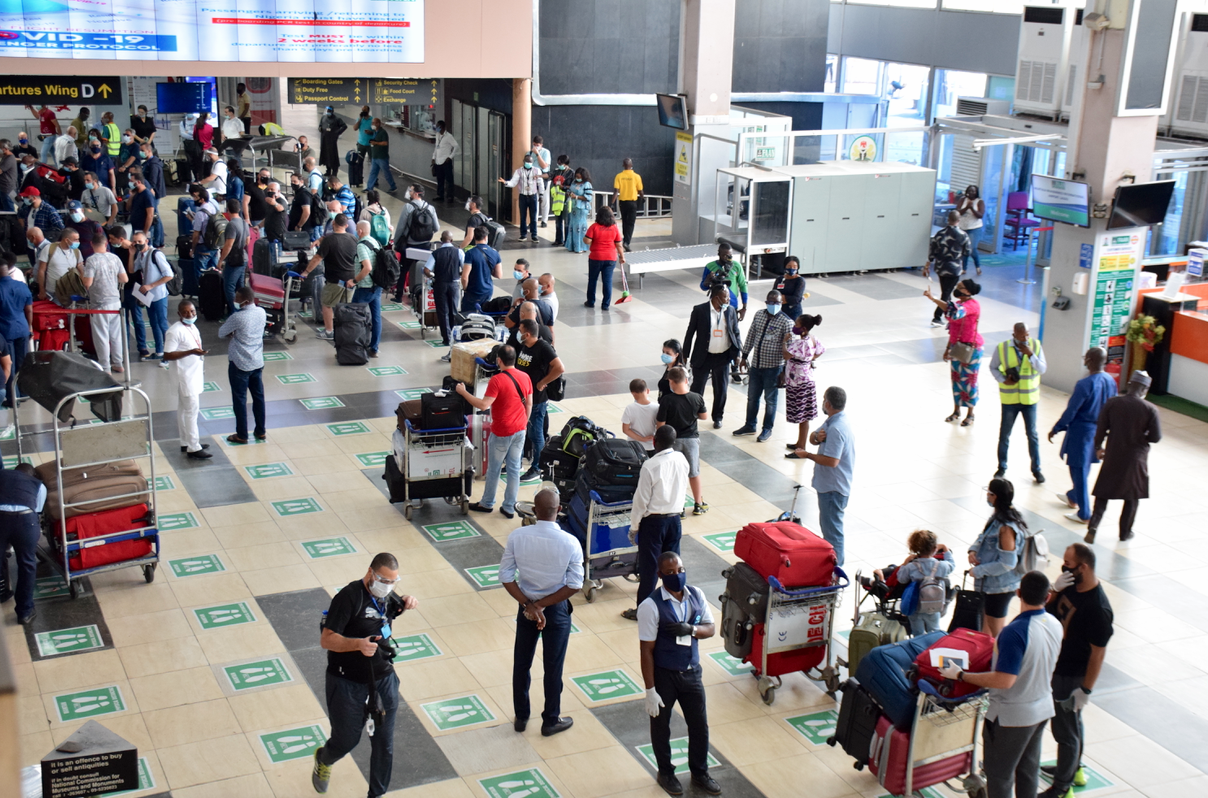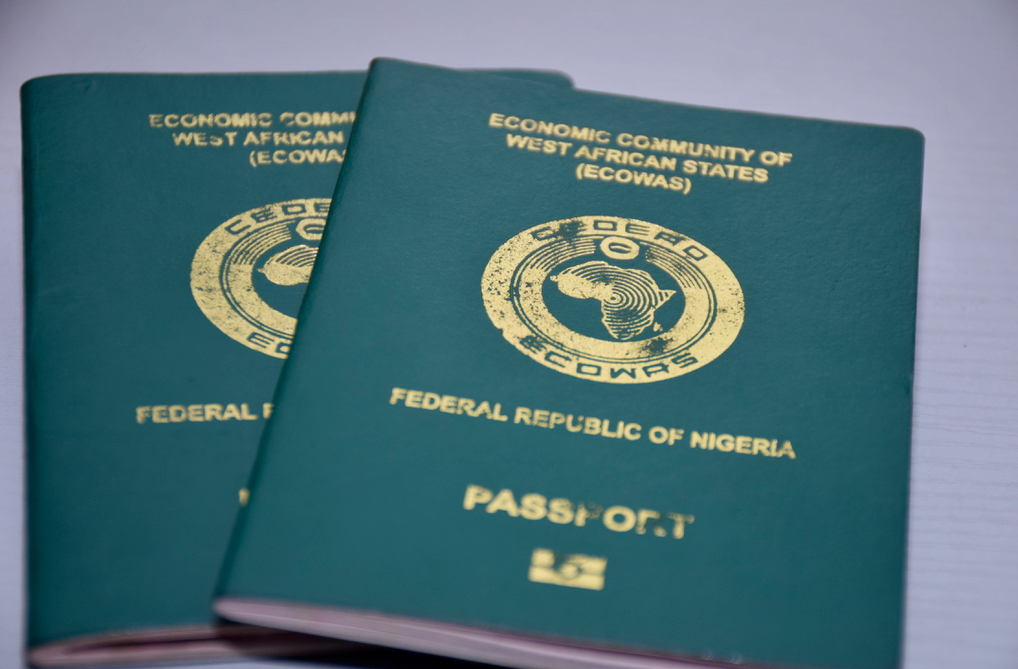The United States has finally blacklisted Nigeria for “engaging (in) systematic, ongoing, egregious religious freedom violations”.
US Secretary of State Mike Pompeo announced the measure via Twitter on Monday, saying his country will continue to act when “religious freedom is attacked”.
In 2011 when President Olusegun Obasanjo was in power, the United States Commission on International Religious Freedom (USCIRF) said Nigeria should be designated a “country of particular concern” — a designation for countries “guilty” of particularly severe violations of religious freedom under the International Religious Freedom Act (IRFA) of 1998.
In 2013, USCIRF reinstated its the recommendation that Nigeria be labelled “a country of particular concern”, saying President Goodluck Jonathan failed to hold accountable perpetrators of religiously-related violence.
Advertisement
“The Nigerian government’s failure to prosecute perpetrators of religiously-related violence only encourages reprisals and intensifies local tensions and mistrust. Boko Haram uses this impunity as a recruitment tool and to justify its attacks on Christians,” USCIR chair, Katrina Lantos Swett, said at the time.
In 2018, Nigeria was finally designated a “country of particular concern” under President Muhammadu Buhari after a spate of killings in the north.
On Monday, Pompeo did not state why Nigeria was blacklisted but said “no country or entity should be allowed to persecute people with impunity because of their beliefs”.
Advertisement
“Today the U.S. designates Burma, China, Eritrea, Iran, Nigeria, the DPRK, Pakistan, Saudi Arabia, Tajikistan, and Turkmenistan as countries of concern under the International Religious Freedom Act of 1998 for engaging systematic, ongoing, egregious religious freedom violations,” he tweeted.
“The U.S. is unwavering in its commitment to religious freedom. No country or entity should be allowed to persecute people with impunity because of their beliefs. These annual designations show that when religious freedom is attacked, we will act.
“The U.S. is sanctioning the senior leadership of China’s National People’s Congress in connection with developing, adopting, and implementing the National Security Law. We will hold Beijing accountable for destroying Hong Kong’s autonomy. #StandWithHongKong #FightForFreedom.”
Today the U.S. designates Burma, China, Eritrea, Iran, Nigeria, the DPRK, Pakistan, Saudi Arabia, Tajikistan, and Turkmenistan as countries of concern under the International Religious Freedom Act of 1998 for engaging systematic, ongoing, egregious religious freedom violations.
Advertisement— Secretary Pompeo (@SecPompeo) December 7, 2020
The U.S. is unwavering in its commitment to religious freedom. No country or entity should be allowed to persecute people with impunity because of their beliefs. These annual designations show that when religious freedom is attacked, we will act.
— Secretary Pompeo (@SecPompeo) December 7, 2020
Advertisement
The U.S. is sanctioning the senior leadership of China’s National People’s Congress in connection with developing, adopting, and implementing the National Security Law. We will hold Beijing accountable for destroying Hong Kong’s autonomy. #StandWithHongKong #FightForFreedom
Advertisement— Secretary Pompeo (@SecPompeo) December 7, 2020
Advertisement
The international religious freedom report describes the status of religious freedom in every country and covers government policies violating religious belief and practices of groups, religious denominations and individuals.
In its 2019 country report on human rights practices, the US had expressed concerns over the high rate of religious intolerance in various parts of the country following acts often perpetuated by state actors.
Advertisement
WHAT DOES BEING BLACKLISTED MEAN?
The US Department of State stated that such designation could attract economic measures against such country that has “engaged in or tolerated particularly severe violations of religious freedom”.
It said congress is first notified when a country is blacklisted as a result of violations of religious freedom.
“And where non-economic policy options designed to bring about cessation of the particularly severe violations of religious freedom have reasonably been exhausted, an economic measure generally must be imposed,” it said.
Add a comment

